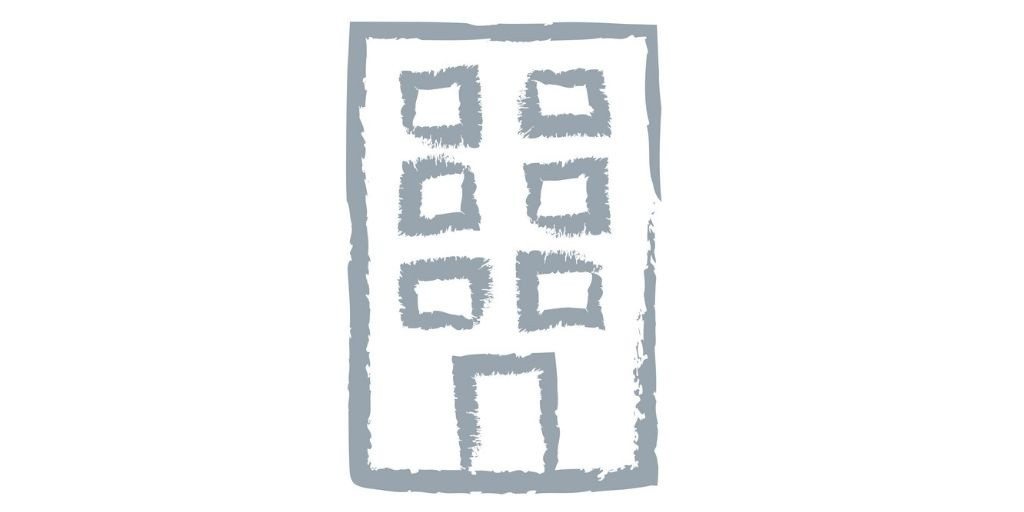08/11/2016

Buying a commercial property is probably one of the biggest investments that you’ll make, so it’s important to get it right. We’ve put together 10 things you need to consider when buying premises.
1. Is it the right time to buy?
Investing in a property is a massive financial commitment and one that you’ll be legally tied to for some time. Is buying a property the right thing for you and the business? Tying up this amount of cash could reduce your cash flow and you may need the money further down the line. Would it be better to take out a lease on a property instead? That said, if you’re confident the business is in the right position, which is sustainable and it’s the next stage of growth it could be worth the investment.
2. Can you afford it?
Unless you’re in the fortunate position of being a cash buyer, it’s likely that you’ll be relying on a commercial mortgage to secure the purchase of your chosen property. Are you able to get mortgage funding? When you take out your mortgage, you give the lender an interest in the property to the value of the loan, so just like a residential property, if you don’t keep up the repayments, your lender could repossess it.
3. Can you afford an interest rate rise?
As with all mortgages, interest rates can rise as well as fall. Although there has been historic low rates in recent years, that’s unlikely to always be the case. If property prices rise, you’ll benefit from the increased value of your premises, but if they fall it may have a negative effect on your capital and your mortgages payments could increase.
4. Think about what you need
Choosing a property to locate your business isn’t straight forward. You’ll need to think out about how much space you’ll need, not just for now, but for the future too. If your business grows, will you be able to accommodate everything under one roof? Is the property accessible to customers? What about the workforce too - can employees get there on public transport as well as by driving? Are there sufficient car parking spaces? What is the building being used for, is there enough security or will you need more? Do you need planning for anything? Is there enough storage space? What about the location, do you need a high street presence or is it preferable to be ‘out of town’?
5. Get I touch with a solicitor who specialises in commercial property
This is the first important step. Your solicitor can guide you through the legalities of the purchase, highlighting any potential pitfalls, outlining your options. You may want to buy the property through your pension fund as part of a SIPP and your solicitor can advise on the structure of such a transaction.
6. Use all the help that’s available to you
There are numerous professionals that can help you get a better understanding of what you need and how much it’s likely to cost. Aside from a solicitor, a commercial property agent can help you find the right building in a location that suits your business needs. You may also need the help of a fit-out specialist who’ll be able to advise on costs for any necessary refurbishments. You may also need to consider technology infrastructure such as I.T. and telecoms equipment.
7. Is the building structurally sound?
Once you’ve found the building you want to buy, you need to appoint a surveyor to inspect the property. This will be a legal requirement by your lender, but even if you’re a cash buyer it’s in your interest to do this; you’ll need as much information on the state of the building as you can get to avoid any nasty surprises after you’ve bought it.
8. Do your checks
There’s lots of things to consider when buying a commercial property, and one of the most important elements is to make sure you’ve as much information about it as possible. You should also seek the advice of legal commercial property expert as they will know what to look for and what questions to ask. Never forget; the risk is on you.
9. To search or not to search?
It’s very important to carry our all pre-contract enquiries and searches before you buy because the cost of finding something out after you’ve bought the property can be considerable. If you’re buying the property with a mortgage from the bank it will insist on due diligence before it will approve the loan. But, if you’re buying with your own money, it’s up to you. You can carry out all the searches or just some of them. Your solicitor will be able to advise you on your options.
10. Your solicitor is here to help
A good solicitor will make the process of buying a commercial property as simple as possible. Of course, there are more things to consider than when buying a house, but your solicitor should be able to guide you through all the red tape and legal jargon. They’ll explain things in plain English to you and help you. Your solicitor will carry out the due diligence on the property to ensure it’s fit for purpose. They’ll also prepare all the necessary documentation.
Please note that this article is meant as general guidance and not intended as legal or professional advice. Updates to the law may have changed since this article was published.

